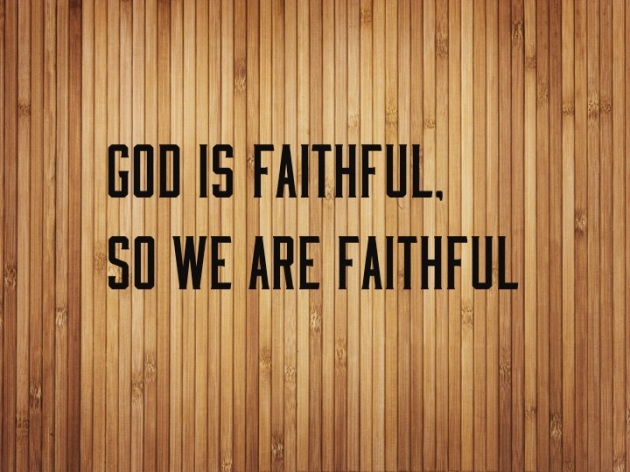“If you tell yourself long enough eventually it’s truth.”
“If you sell yourself long enough eventually it’s proof.”
I wrote those words down in my notebook in high school when I was trying to come up with lyrics to a song I never put music to. I’ll bet we’ve all journaled some pretty embarrassing stuff. At the time I basically believed that whatever you tell yourself over and over you’ll eventually come to believe. And if you sell yourself on said idea for long enough you’ll eventually prove yourself right.
Wow, I was really onto something.
Fast forward to today and I’m continually amazed at how often I see/hear that theme repeated. The mind is a powerful tool and whatever you continually feed it will eventually seek to manifest itself in some physical form.
I now understand why my parents tried to speak truth into my life so much as a youngster. It’s the same with the music, news media or books we consume.
Your subconscious mind is an indiscriminate, unbiased garden which will harvest whatever seeds you plant through your conscious mind and continually water through repetitious suggestion. The following is from Charles Haanel’s The Master Key System book, chapter 2:
“The subconscious mind never sleeps, never rests, any more than does your heart, or your blood. It has been found that by plainly stating to the subconscious mind certain specific things to be accomplished, forces are set in operation that lead to the result desired.”
This is why you see so many elite performers who make what they do look incredibly easy. Any skill can be learned through repetition and focused concentration. This is also why self-talk is so important. Whatever you tell yourself ABOUT yourself you’ll eventually believe and will result in either success or self-sabotage.
One of the assignments we’ve been tasked with this week for our “Master Key Experience” homework is to finalize our Definite Major Purpose statement. I’ve fiddled with these in the past but have never quite been able to put it down into specific, succinct terms which my mind could go to work on immediately and begin to guide me toward my goals.
Thanks to the wonderful guides/coaches in the program we’ve been able to submit, receive revisions and re-submit our Definite Major Purpose statements (DMP’s, if you will) and begin to work on memorizing them by repeating them aloud 3x daily.
With ENTHUSIASM.
That’s been a big part of it. I wonder how many opportunities or life accomplishments I’ve missed out on simply because I didn’t pursue them with ENTHUSIASM.
Anyhow, as I begin to get back into the swing of blogging, my writing and thought processing will also improve so I encourage y’all to bear with me throughout the coming weeks and months.
Hang tight!
God bless.


